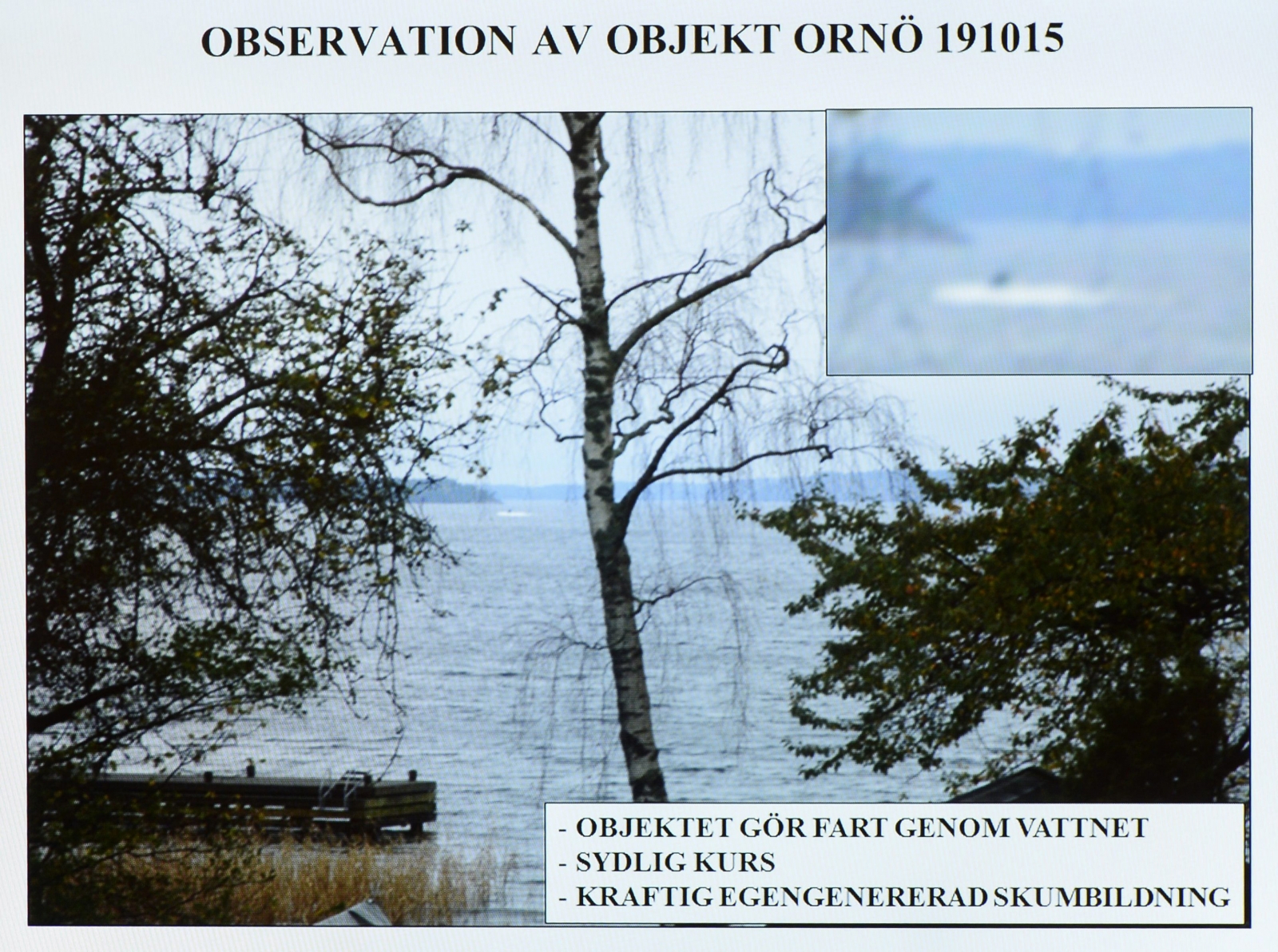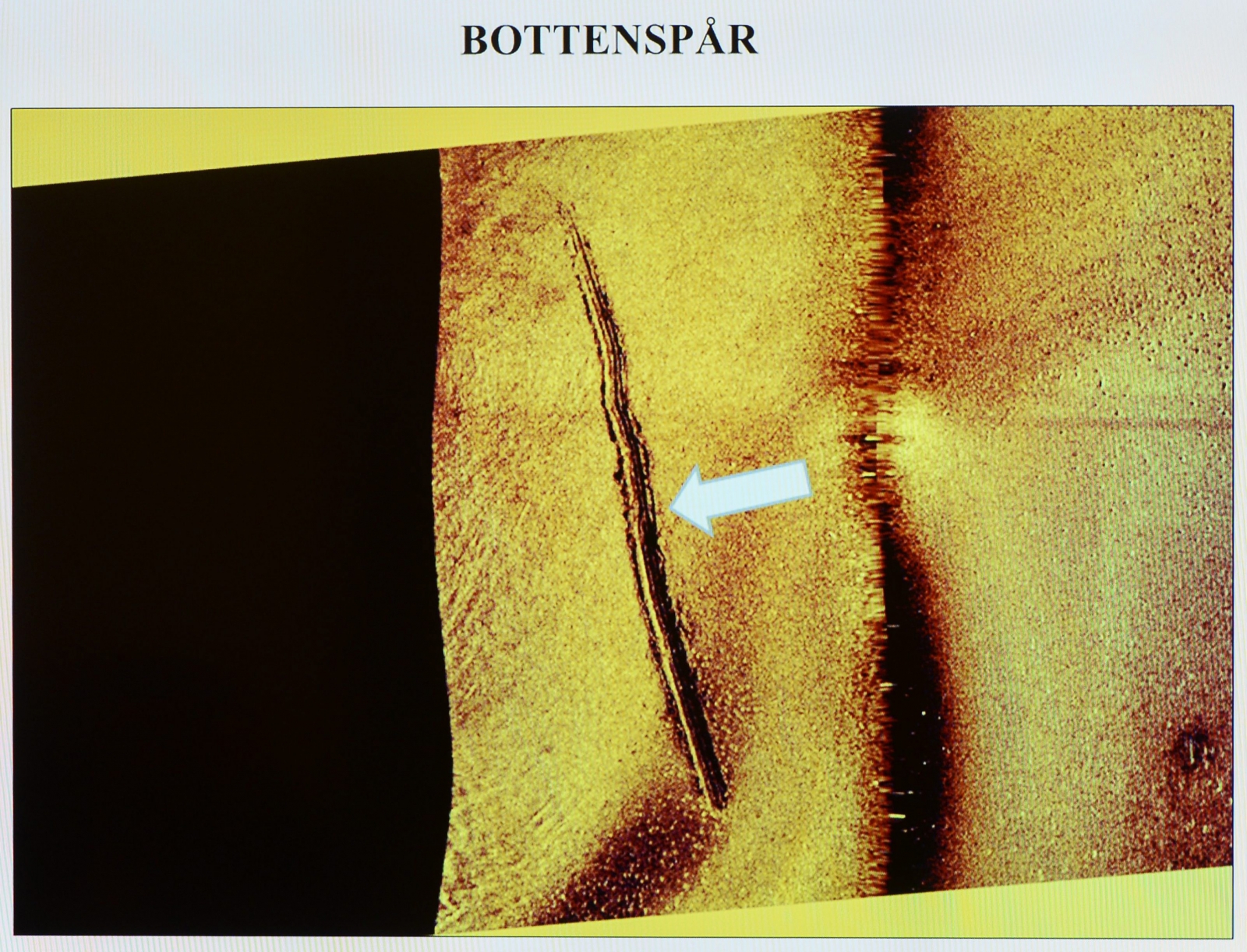Sweden says it has Evidence of 'Serious and Unacceptable' Foreign Submarine Intrusion



Sweden has said there is no doubt its territorial waters were violated by a small foreign submarine last month - but stopped short of identifying which country was behind the intrusion.
All fingers were pointed at Russia in October, as Swedish military vessels and aircraft scrambled to search waters off the coast of Stockholm, after numerous sightings of a mysterious object.
Early reports suggested that the unknown vessel could have been a damaged Russian submarine, a U-boat, rekindling memories of the final years of the Cold War, when Sweden mobilised its troops to catch Soviet-era submarines along its coasts. However Moscow denied any involvement.
Despite launching its biggest military operation in years, Sweden's hunt proved unsuccessful and was called off after a week, with Stockholm saying the vessel had probably escaped into the Baltic Sea.
Now, the Swedish Armed Force said they have "unambiguous" evidence that a foreign submarine had entered its waters.
"There is no doubt, we have excluded all other explanations," Supreme Commander Sverker Göranson said. "Swedish territory has been seriously and unacceptably violated by a foreign power."
"The gravity of this is obvious," he added.
The military said its sensors made a "decisive observation" leading to the conclusion that a vessel had entered Swedish territory but did not provide further details, citing national security reasons.
"The analysis cannot determine the nationality of the intruder," the Armed Forces said in a statement.
Prime Minister Stefan Lofven pledged to strengthen the country's capability to find and identify intruders and warned that Sweden would defend its borders "with all available means."
"Let me say this, loud and clear, to those who are responsible: It is completely unacceptable," Lofven said.
Since Moscow's annexation of Ukraine's Crimea peninsula on the Black Sea, countries in the Baltic Sea region have been on the alert of Russia's military and imperial ambitions.
Economic and diplomatic relations between the Netherlands and Russia were inevitably put under strain in July 2014 after the Malaysia Airlines Flight MH17 disaster, which claimed 193 Dutch lives when it was shot down over pro-Russian eastern Ukraine by a surface-to-air missile.
© Copyright IBTimes 2024. All rights reserved.






